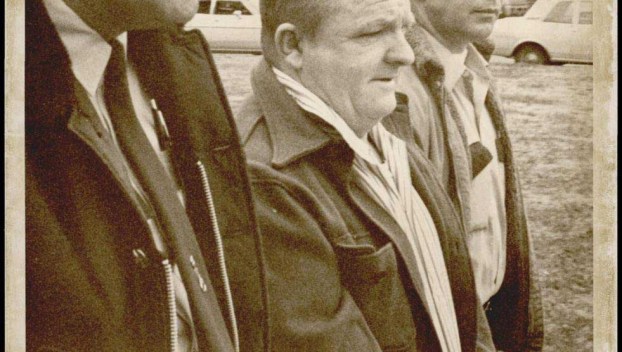
Cnhi Network
Convict called ‘evil’ man who committed horrible acts: Second in a three-part series on notorious Northeastern Oklahoma outlaw Rex Brinlee
TAHLEQUAH, Oklahoma – A fascination with dangerous criminals like John Dillinger, Al Capone, Bonnie Parker and Clyde Barrow ... Read more

